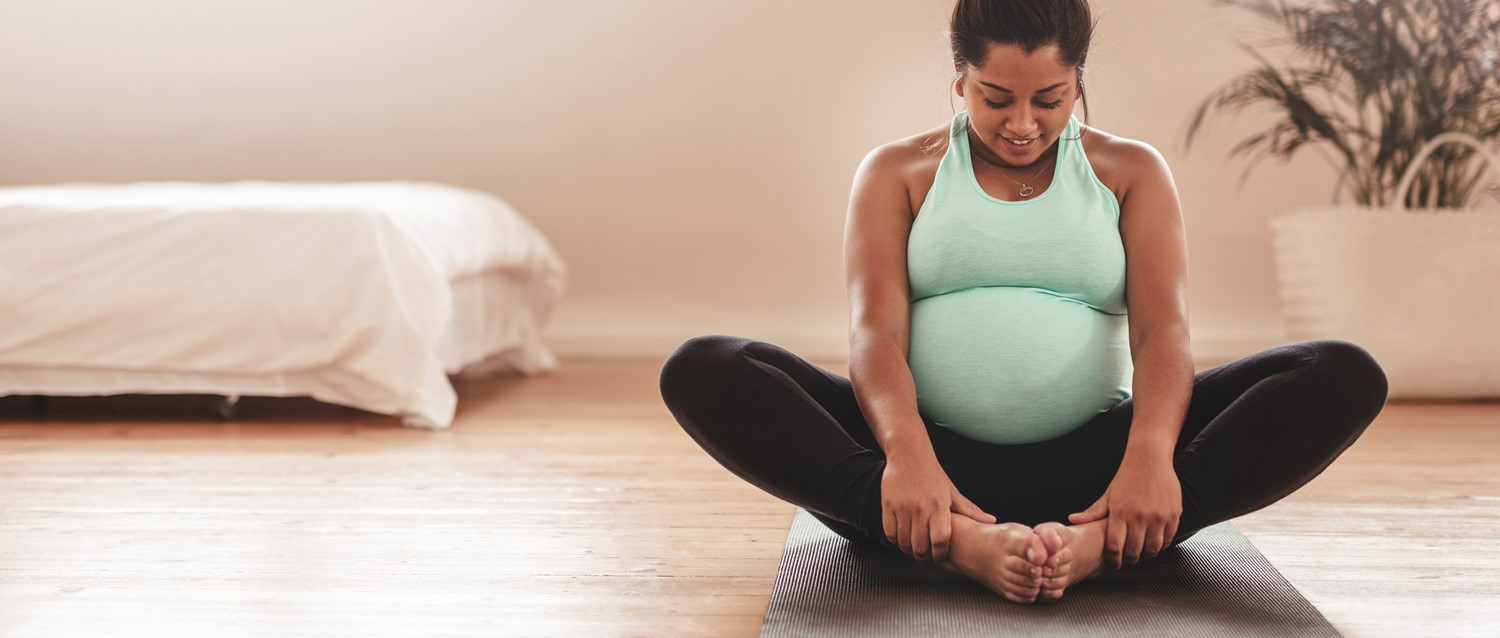
How to travel safely during pregnancy
Peer reviewed by Dr Hayley Willacy, FRCGP Last updated by Abi MillarLast updated 10 Apr 2018
Meets Patient’s editorial guidelines
- DownloadDownload
- Share
- Language
- Discussion
- Audio Version
Over the last few years, a new term has cropped up on travel websites, namely the 'babymoon'. Referring to the last holiday you take while pregnant, the babymoon ideally has little to do with babies. On the contrary, it's a chance for some much needed 'you' time before the baby arrives and child-free activities become a distant memory.
In this article:
Video picks for Diet and lifestyle
It is hard to say how many couples end up taking babymoons (a 2016 survey by OnePoll placed the figure at 28% of expectant British parents) but it's clear they have become something of a trend. Some travel agents even offer designated babymoon packages.
In principle, a babymoon is time for a last hurrah - indulging yourself, spending time with your partner or friends, and doing all the things that won't be so easy a few months down the line.
Of course, there are a few caveats in place. Given that you will be pregnant, certain types of holidays are probably out of bounds. This may not be the best time, for instance, for a tropical getaway at the other side of the world. Similarly, you may want to steer clear of fast-paced activity holidays or gastronomic getaways, and you'll definitely want to nix anything involving booze.
So for parents-to-be planning their dream holiday, how can you ensure you're travelling safely, and what kind of breaks might be best?
Continue reading below
When to go
According to the American College of Obstetricians and Gynecologists, the best time to take a babymoon is in the second trimester - they recommend travelling between week 14 and week 28. As their reasoning goes, most of the common pregnancy problems occur in the first and third trimesters, making the middle period - with its much vaunted energy boost - the easiest time to get away.
It's also worth mentioning that most travel insurers don't cover childbirth, which means holidaying too close to your due date can carry a big financial risk. (Always check the terms before you book!)
Flying while pregnant
Back to contentsWhile most airlines don't allow women to fly after 36 weeks (because of the risk of going into labour mid-air), you can be reassured it's generally safe to fly.
"If the pregnancy is uncomplicated, flying is not harmful to pregnant women or their babies," says Dr Vanessa Mackay, spokesperson for the Royal College of Obstetricians and Gynaecologists (RCOG).
"There is no evidence that the changes in air pressure or the decrease in humidity have a harmful effect, or that flying will cause miscarriage, early labour or waters to break."
She points out, however, that long-haul flights (longer than five hours) do carry a small risk of deep vein thrombosis.
"If pregnant women are taking a long flight, they are advised to drink plenty of liquids, move about every 60 minutes, do leg exercises in the seat every 30 minutes, and wear compression or support stockings to help reduce leg swelling and improve circulation," she says.
It is worth bearing in mind that some airline companies have different regulations about how late in pregnancy they'll allow you to fly. They may also require you to take a letter from your GP (your GP will charge for this) confirming you're fit to fly. Again, the stage of pregnancy at which different airlines want this may vary. Always check with your airline or tour operator before you book, and don't leave contacting your GP about a letter until the last minute.
Continue reading below
Special considerations
Back to contentsIf you're expecting twins or triplets, the time window for flying is a little shorter - the advice is not to fly after week 32. On top of that, some airlines may ask for a letter from your doctor or midwife confirming your due date, and that you're not at any increased risk of complications. (This applies from 28 weeks onwards.) Check with your airline first, as their individual policies can vary.
Elizabeth Duff, senior policy advisor at NCT, says women may also worry about the safety of airline security procedures.
"These are stated to be safe - even the full body scan, if you are required to have one, but it is always best to tell the staff you are pregnant," she says. "Don't assume it is obvious, even if you have a big bump."
If you do have any medical complications, it may be best not to fly at all and to plan a UK-based break.
"A medical condition or health problem can complicate pregnancies and put women and their babies at risk," says Dr Mackay. "For this reason, women may be advised not to fly if they are at risk of going into labour before their due date, have severe anaemia, sickle cell disease or a serious condition affecting the lungs or heart that makes it very difficult to breathe, or have recently had significant vaginal bleeding. Women should discuss any health issues or pregnancy complications with their midwife or doctor before flying."
As Duff explains, the important thing is to get personal advice from your doctor or midwife, tailored to your particular situation.
"We still want women in those situations to enjoy their holiday, but it's important to be super careful," she says. "I don't want to give any blanket advice about that because there may be women at much greater risk and others who only have a very mild condition."
Where to go
Back to contentsAssuming you take the appropriate precautions, there are no hard and fast rules about destination - it all depends on your personal preferences. However, some holiday spots may carry risks you don't encounter closer to home.
In general, pregnant women are advised avoid visiting countries where vaccinations are required, or failing that, to speak to their midwife or GP.
"Most women wouldn't want to have a really long trip, and they wouldn't want go to regions with a higher prevalence of serious infections," says Duff. "You do need to get proper health advice about vaccinations, because while some of them may not be recommended during pregnancy, there may be alternatives that are safer. So if you do want to go to some fairly far-flung place, it's about doing the research."
To use a high-profile example, during the 2016 Rio Olympics there was a lot of worry about the Zika virus, which was prevalent in Latin American countries at that time. Since the virus is associated with birth defects, pregnant women were advised not to travel to the Olympics.
Duff recommends checking the Foreign Office website for general information about staying safe in different countries.
"Think everything through, think about things that are more likely to be prevalent there that are not seen as risks here, behave on the cautious side and try to enjoy the holiday!" she says.
Patient picks for Diet and lifestyle

Pregnancy
The food and drink to avoid on holiday if you’re pregnant
If you're something of a foodie, travelling while pregnant can be a mixed blessing. On the one hand, a holiday is a holiday. On the other hand, you won't be able to spend your time roaming the backstreets and sampling all the local delicacies, as you might have done before you got pregnant.
by Abi Millar

Pregnancy
Can Pilates help strengthen your pelvic floor during pregnancy?
Pregnant women hear a lot about the importance of strengthening their pelvic floor muscles, particularly when it comes to labour and recovery post-birth. However, it can be tricky to know where these muscles are, what they do and how to make them stronger. Some studies suggest prenatal Pilates can be a good way to work out your pelvic floor, but why?
by Lydia Smith
Continue reading below
Article history
The information on this page is peer reviewed by qualified clinicians.
10 Apr 2018 | Latest version

Ask, share, connect.
Browse discussions, ask questions, and share experiences across hundreds of health topics.

Feeling unwell?
Assess your symptoms online for free
Sign up to the Patient newsletter
Your weekly dose of clear, trustworthy health advice - written to help you feel informed, confident and in control.
By subscribing you accept our Privacy Policy. You can unsubscribe at any time. We never sell your data.